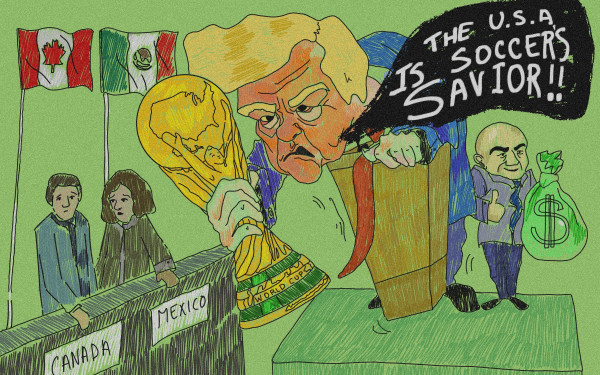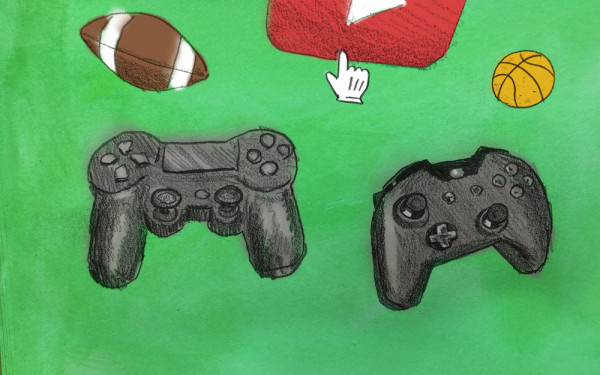Shut Up and Dribble: The bittersweet story of Spain’s Women’s World Cup win
Just over 15 years after the golden generation of men’s Spanish soccer burst onto the scene, it’s now the turn of the women’s team to be on top of the world.
After beating defending European Champions England 1-0, Spain finally secured their first ever FIFA Women’s World Cup, becoming the first team to hold the Under-17, Under-20, and senior titles simultaneously.
This is all obviously incredible news for the future of the Spanish game, with every player except one currently applying their trade in their home country. However, the pre-tournament standoff between the players and the federation-backed coaching staff made the celebrations a bittersweet sight.
In September 2022, 15 members of the first team—including all three captains Alexia Putellas, Irene Paredes, and Patri Guijarro—sent a private complaint by email to the Royal Spanish Football Federation (RFEF), Spain’s governing soccer body. The brunt of the issues were with head coach Jorge Vilda and his staff.
The email outlined a history of poor player management and team policies, questionable tactics and analytics, and subpar training sessions that left players either injured or significantly out of shape, according to their professional clubs.
During multiple training camps, players were reportedly forbidden from locking their hotel room doors. Their bags were also subject to inspection if they left the camp to go out.
Despite all these issues, RFEF instead opted to ignore the complaints and the players making them until they released a public statement chastising the members of the national team, making them look like traitors, and putting their full support behind Vilda.
After the dust had settled and some minor changes to the coaching staff were made, 12 players were either left out of the World Cup squad or refused to play under Vilda. That includes one of the best central defenders in the world, Mapi León. Due to these missing players, Spain went from one of the pre-tournament favourites to a somewhat long shot.
Let’s make one thing very clear: Spain did not win because of Vilda, they won despite him. Even while missing some crucial pieces in the squad, they showed throughout almost the entire tournament that they were at the same level as the best in the world.
In addition to that quality, the familiarity and excellence brough by the significant percentage of FC Barcelona Femení players put them in a great spot to be contenders. Barcelona are in the midst of one of the most dominant runs in the history of not only women’s soccer, but all of team sports.
In the past three years, they’ve won nine of a possible 12 trophies, winning 125 of the 134 games in all competitions and hold an absurd goal differential of +522 in that span. The quality of these players and all others in the Spanish team are beyond question and their treatment is nothing short of despicable.
You can even see it in the way the players celebrated both qualifying for the finals and winning the tournament. The players shared in the euphoria of the moment by themselves, refusing to even celebrate or high-five Vilda—who was booed by the fans when his name was announced in the medal ceremony.
Spain were not the only team fighting with their federation before and during this World Cup. French players mutinied in a similar manner, but with a different outcome as then-head coach Corinne Diacre was fired. Canada, Jamaica, Nigeria, and the United States were all fighting for improved working conditions and fairer wages.
This was undoubtedly women’s soccer’s biggest moment to date and the attendance—both in the stands and on TV—has broken records all over the world. Women’s soccer and its working conditions are long overdue for not just a reform, but a complete overhaul that will allow it to grow towards the massive potential it has.






4_600_375_90_s_c1.jpg)
